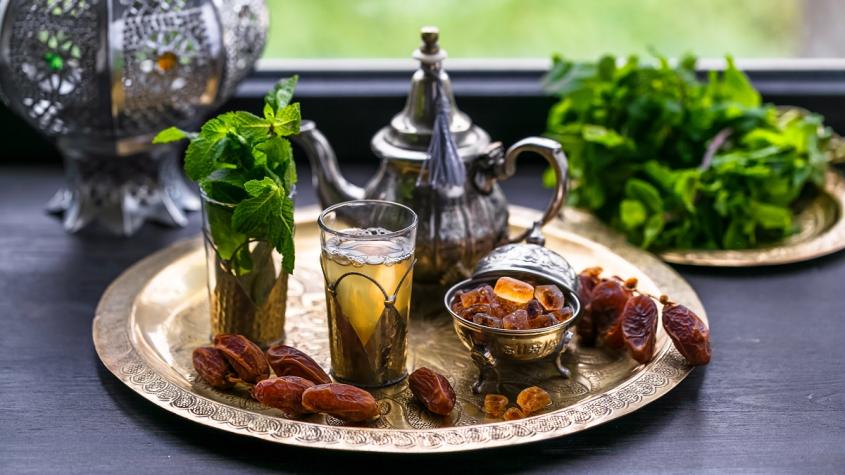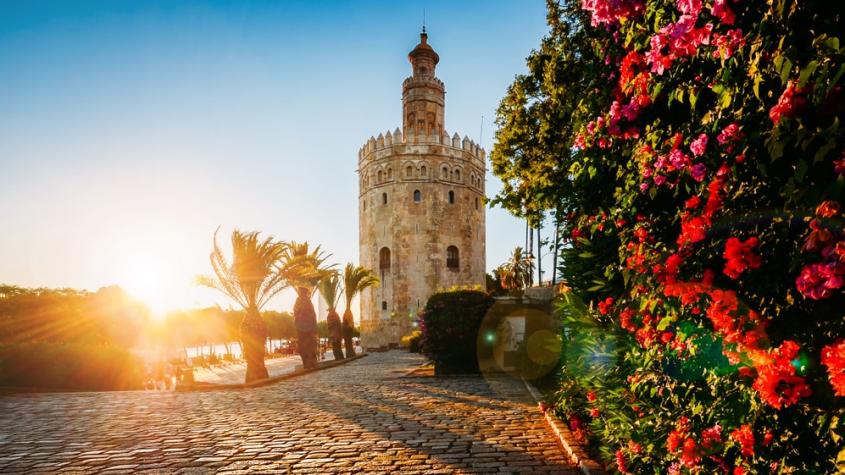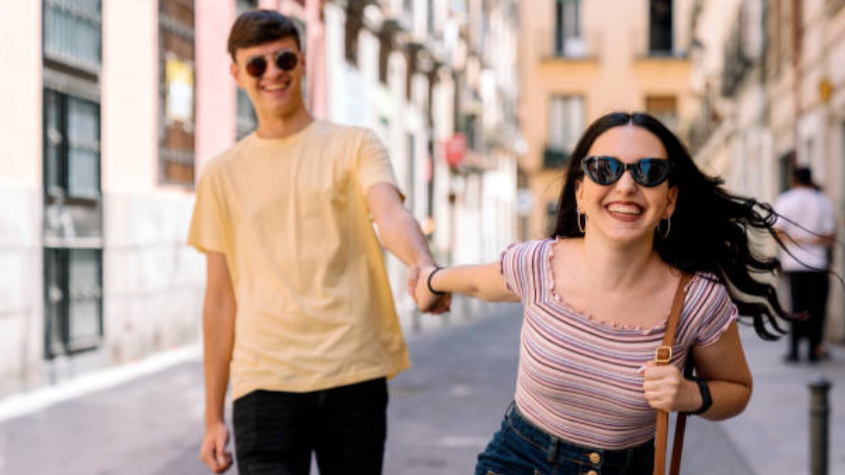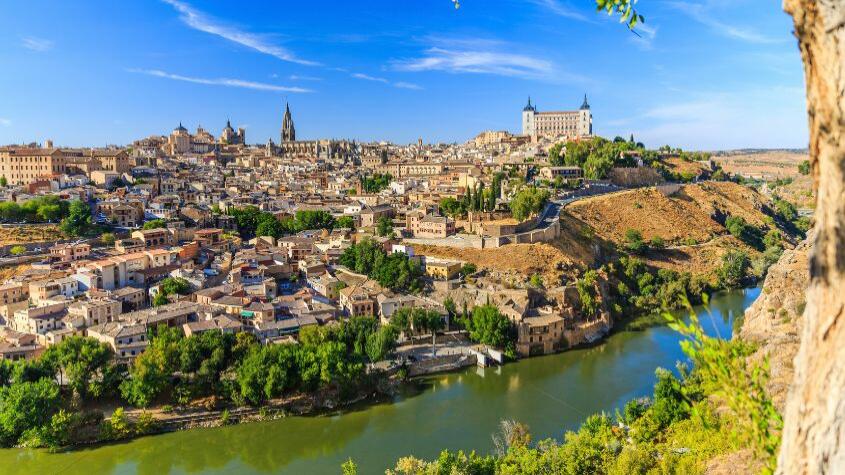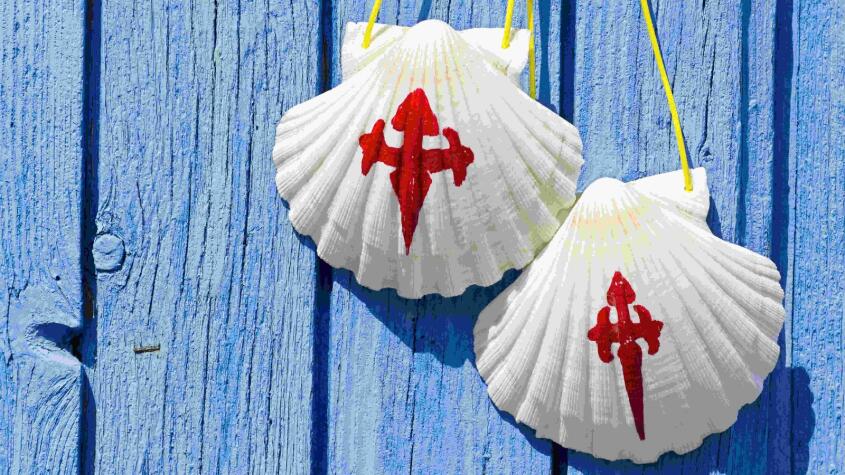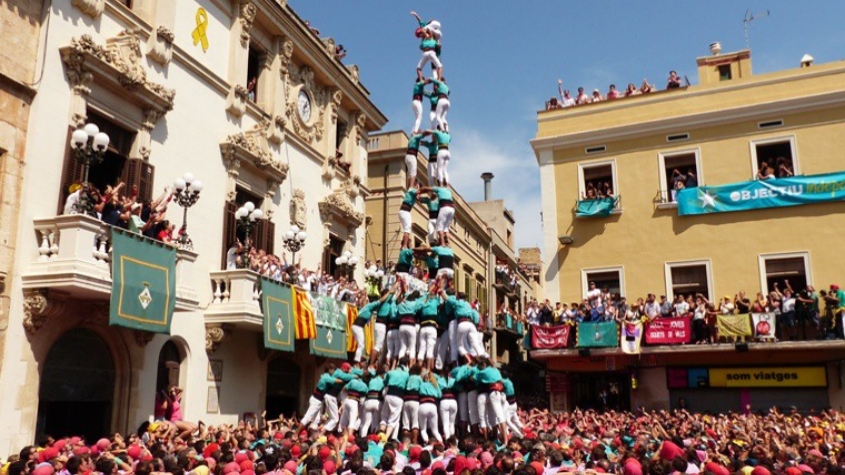
UNESCO Intangible Heritage in Spain
Intangible heritage is a rich dimension that makes up a country's cultural identity, woven over generations through traditions, expressions, knowledge and practices that are passed down orally, by hand or through rituals. In Spain, these elements are exuberant and diverse, reflecting the wealth of history, beliefs and creativity that have moulded the nation over the centuries.
From vibrant festivities to deep-rooted forms of artistic expression, Spain's intangible heritage is a living testimony to the human capacity to transmit and preserve culture in intangible ways. Discover Spain's intangible heritage and the traditions that make it up, as well as the importance of preserving it for present and future generations.
Flamenco

Flamenco is an artistic expression that combines singing, dancing and musicality. The range of feelings and moods - sadness, joy, tragedy, rejoicing and fear - can be expressed through sincere and expressive lyrics, characterised by brevity and simplicity. Flamenco shows take place at religious festivals, rituals, ceremonies, private celebrations or local concerts. Transmission occurs through dynasties, families, social groups and flamenco clubs, which play a fundamental role in its preservation and dissemination.
Human towers or "Castells"

Castells are human towers built by members of amateur groups, usually as part of the annual festivals in Catalan towns. The traditional setting is the square in front of the town hall balcony. The human towers are made up of castellers who support each other in a succession of levels (between six and ten). Before, during and after the show, musicians play various traditional melodies on a wind instrument known as a gralla, marking the rhythm to which the tower is built.
The "Fallas" in Valencia

The Falla is a monument made up of ninots (caricature pieces) created by local artists and craftspeople that comment on current social issues. The Fallas Festival, which runs from 1 to 19 March in Valencia, is an opportunity for collective creativity and the safeguarding of traditional arts and crafts. It is also a source of community pride, contributes to cultural identity and strengthens social cohesion. In the past, the festival was also a way of preserving the Valencian language when it was banned. The culmination of the festival takes place on the night of March 19, on St. Joseph's Day, in which all the "fallas" are burned in a spectacular spectacle. This burning symbolizes purification and renewal, as well as serving as a festive farewell to the artistic creations of the previous year.
The Tamorradas

The Tamborradas, which are part of the Catholic celebrations of Holy Week, are noisy collective rituals based on the intense and simultaneous beating of thousands of drums, played uninterruptedly for days and nights in public spaces in towns and villages. Every year, they create a captivating soundscape and identity, in an atmosphere charged with emotion and an intense sense of collective communion. The process of passing on this practice generates a strong sense of belonging to the group and a deep connection to the ritual among the entire community.
Cordoba Courtyard Festival

For twelve days at the beginning of May, the city of Córdoba celebrates the Festival of the Patios. The patio houses are collective, family or multi-family dwellings located in the historic centre of the city, which are decorated especially for the occasion. The Patios Cordobeses are also the stage for traditional songs, flamenco guitars and dances. The festival is seen as an integral part of the city's cultural heritage, which gives it a strong sense of identity and continuity. It is guided by centuries-old traditions, knowledge and know-how, which materialise in the expression of the symbolism and traditions of the Cordoba community.
Feast of La Patum de Berga

The Patum de Berga is a popular festival whose origins date back to the medieval festivities and parades that accompanied the celebration of Corpus Christi. The celebration takes place every year between the end of May and the end of June. The Patum de Berga, which has preserved its mixture of profane and religious characteristics over the centuries, is distinguished from other festivals in the region dating back to the Middle Ages by its richness and diversity, the preservation of its medieval street theatre and its ritual component.
Pyrenees Summer Solstice Fire Festivities

At nightfall, people from different towns and villages carry flaming torches down the mountains to light a variety of traditionally built lighthouses. The descent is a special moment for young people, signifying the transition from adolescence to adulthood. This festival in the Pyrenees is considered a time for regenerating social ties and strengthening feelings of belonging, identity and continuity, with celebrations that include popular folklore and a communal meal.
“La Mare de Déu de la Salut” celebrations

The feast of "La Mare de Déu de la Salut" is celebrated on 7 and 8 September, when around 1,400 people take part in theatre, music and dance performances organised in the city's historic areas: Valencia, La Muntanya, Santa Bárbara and La Capella. The processions run from the Basilica Menor de San Jaime to the Capella de la Troballa. The festivities begin with the ringing of the bells in the basilica, followed by a parade. All the costumes, ornaments and accessories are handmade, and the dances and musical scores are handed down from generation to generation.
Mystery of Elche

The Elche Mystery Play, which takes place on 14 and 15 August, is a sacred musical drama about death, the passage to heaven (known as the Assumption) and the coronation of the Virgin Mary. Since the middle of the 15th century, it has been performed in the Basilica of Santa María and in the streets of the old town of Elche, located in the Valencia region. It is a living testimony to the European religious theatre of the Middle Ages and the cult of the Virgin. This tradition, which attracts the entire population of the city, is closely linked to the cultural and linguistic identity of the region's inhabitants.
The Sibyl's Song

The carol marks the annual Christmas vigil, on the evening of 24 December, and is sung by a boy or girl accompanied by two or more acolytes or girls. During the carol, they walk through the church towards the chancel, with the singer holding a sword in his hands, raised in front of his face, while the acolytes carry candles. At the end of the song, a cross is drawn in the air with the sword. The rite involves all of Mallorca's parishes and the older and younger generations work side by side as singers, costume designers, celebrants and other helpers, thus ensuring its celebration and transmission.
The Wine Horses

Los Caballos del Vino (Wine Horses) takes place every year from 1st to 3rd May in Caravaca de la Cruz. The equestrian ritual consists of a series of events in which the horse is the protagonist. The relationship between man and horse, based on respect and collaboration, is also passed down through the generations. The two activities, winemaking and horse breeding, are an integral part of the area's economy, history and culture, and the festival reveals values such as camaraderie and solidarity, in which everyone feels represented as part of a socially united group.
➽ Did you know that the Caravaca Cross, also known as the Maltese Cross, is a religious symbol that originated in Caravaca de la Cruz and is associated with a miraculous event?
The legend dates back to the 13th century, when a Christian priest was captured by the Moors and locked in a cell. However, during a mass, two angels appeared and kept the cell doors open, allowing him to celebrate the Eucharist. Thus, the Caravaca Cross is believed to have special powers of protection and healing, and is considered a symbol of faith, protection and miracles.
In all its diversity, Spain's intangible heritage is a precious jewel that reflects the essence of Spanish culture. The festivities, music, dances, rituals and linguistic expressions that make up this intangible legacy not only enrich everyday life, but also connect current generations with the deep roots of the past.
However, this intangible heritage is not immune to the flow of time and the pressure of globalisation. Preserving intangible heritage is not just a matter of honouring the past, but also of guaranteeing the continuity of traditions that have the power to unite people, strengthen identities and provide an essential sense of belonging.
Take the opportunity to discover the Top 10 UNESCO World Heritage Sites in Spain.
Visit Living Tours for more travel experiences in Portugal and Spain. And explore more travel ideas on the Living Magazine Blog.
Did you like it?
Average votes: 4.57 of 5
Go Back to the Blog







